The ATREE doctoral programme in Conservation Science and Sustainability Studies is designed to impart training to research scholars to develop and use integrated approaches in sustainable development and biodiversity conservation. The programme promotes interdisciplinary research and frameworks to integrate tools and approaches from ecology, economics, sociology and climate science disciplines.
ATREE is a recognised centre of the doctoral programme of the Manipal Academy for Higher Education (MAHE), an Institute of Eminence.
In accordance with the requirements of ATREE and MAHE, students seeking admission should have:
Typically, ATREE accepts new PhD students every year in March, and provides research contingencies and stipend support. Additionally, students who have (i) qualified for a Junior Research Fellowship under the UGC or the CSIR schemes or (ii) are working on a research project at ATREE can enrol in the doctoral programme. Students are encouraged to check the ‘Research’ tab of the ATREE Jobs web page for project-funded PhD opportunities at ATREE.
Students admitted to the programme will work under the personal mentorship of an ATREE faculty member and will also be guided by a doctoral committee of 3—5 members. The committee will consist of ATREE faculty members and external scientists, and represent expertise from different disciplines
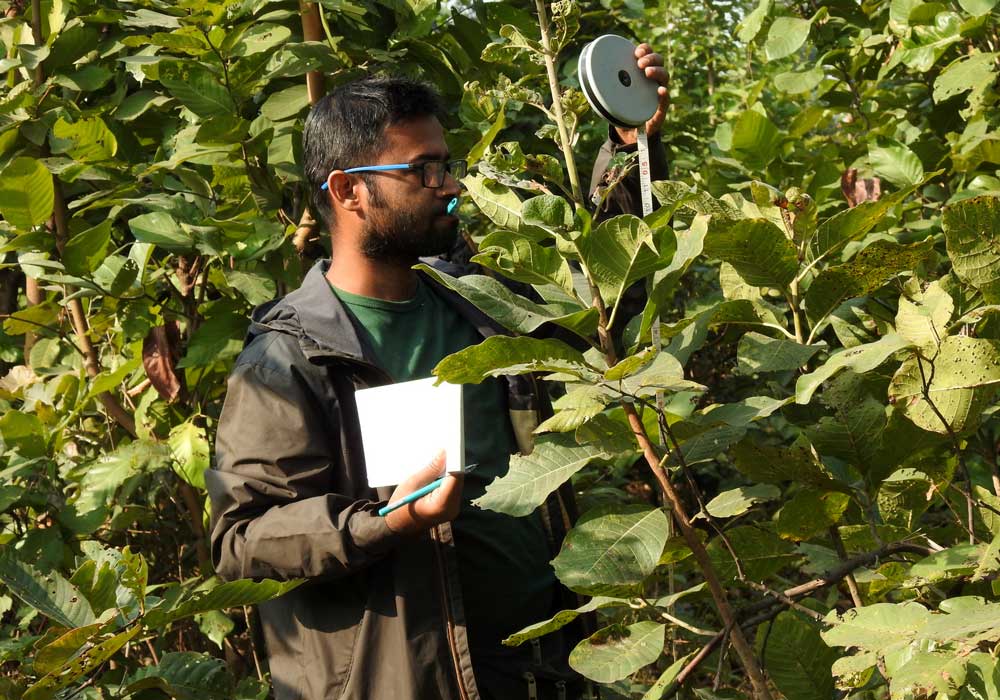
ATREE’s research covers the broad themes of biodiversity conservation, environment and development. Thematic areas include conservation biology and planning; forest governance and livelihoods; ecosystem services and well-being; hydrology and water resources; energy and climate change mitigation; food security and development and environmental change. Students will be required to identify a potential supervisor during admission.
Fellowship: ATREE may provide limited number of fellowships, faculty advisors will work closely with their students to obtain fellowship and research funding after the third year to enable students to complete the programme successfully. We encourage students with UGC-JFR funding or awarded DST-INSPIRE Fellowships.
Students with prior training in any branch of the social sciences, natural sciences, engineering sciences and humanities are welcome to apply for the programme.
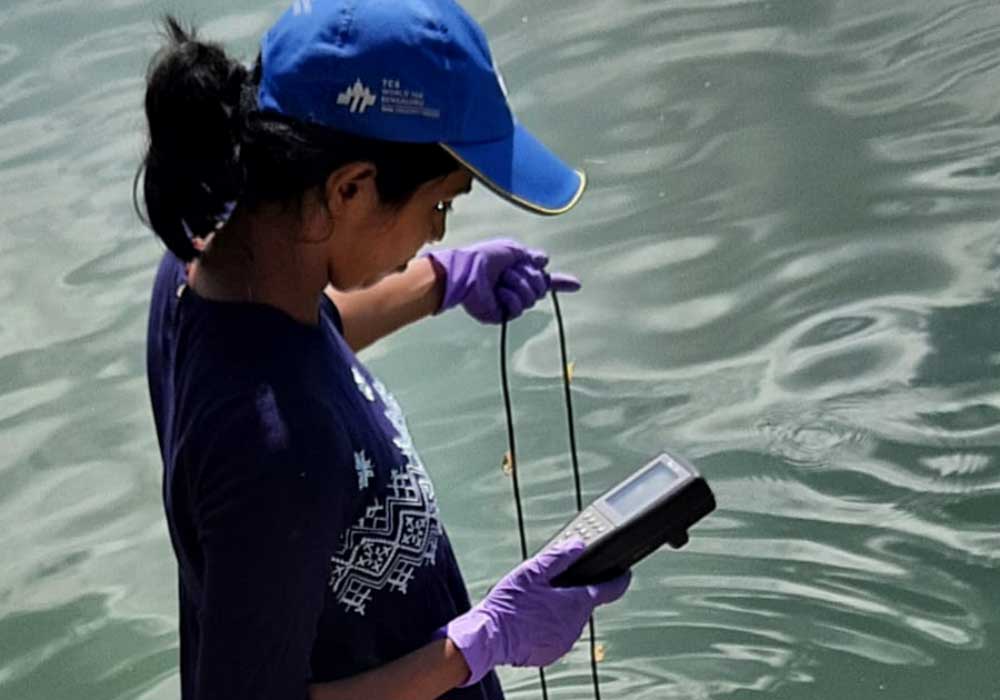
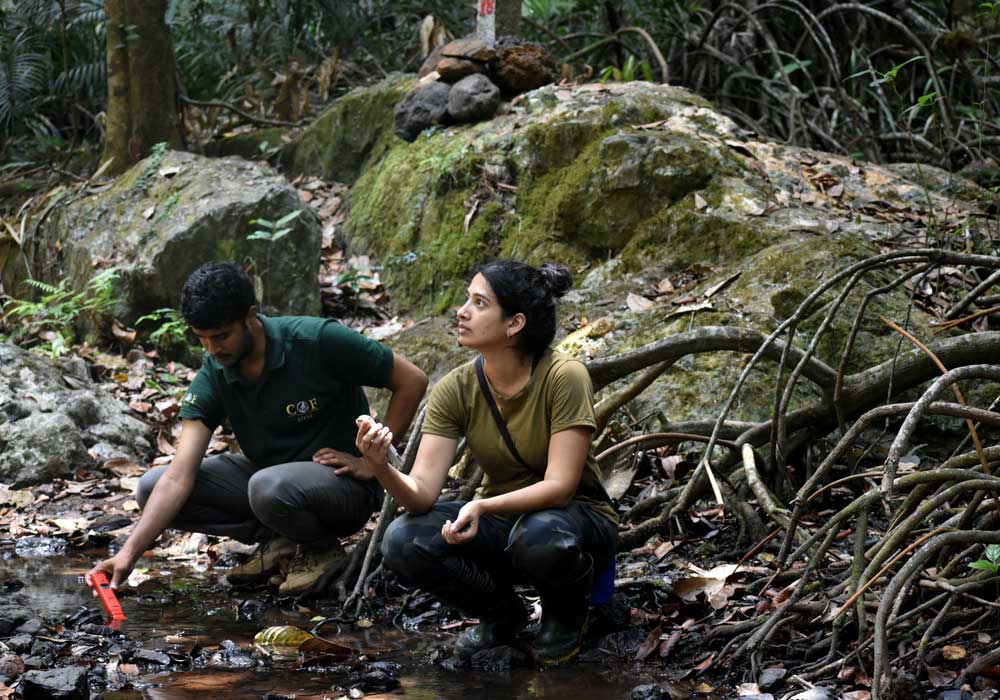
Admission and Eligibility: Selected students will undergo coursework for three semesters, after which they will conduct independent research under the guidance of an advisory committee chaired by the faculty advisor. ATREE fosters diversity and gender equity in the workplace; women and persons from underprivileged groups are especially encouraged to apply. ATREE’s affirmative action policy will be followed during the PhD selection process.
Students with prior training in any branch of the social sciences, natural sciences, engineering sciences and humanities are welcome to apply for the programme. Selected students will undergo coursework for three semesters, after which they will conduct independent research under the guidance of an advisory committee chaired by the faculty advisor. ATREE fosters diversity and gender equity in the workplace; women and persons from underprivileged groups are especially encouraged to apply. ATREE’s affirmative action policy will be followed during the PhD selection process.
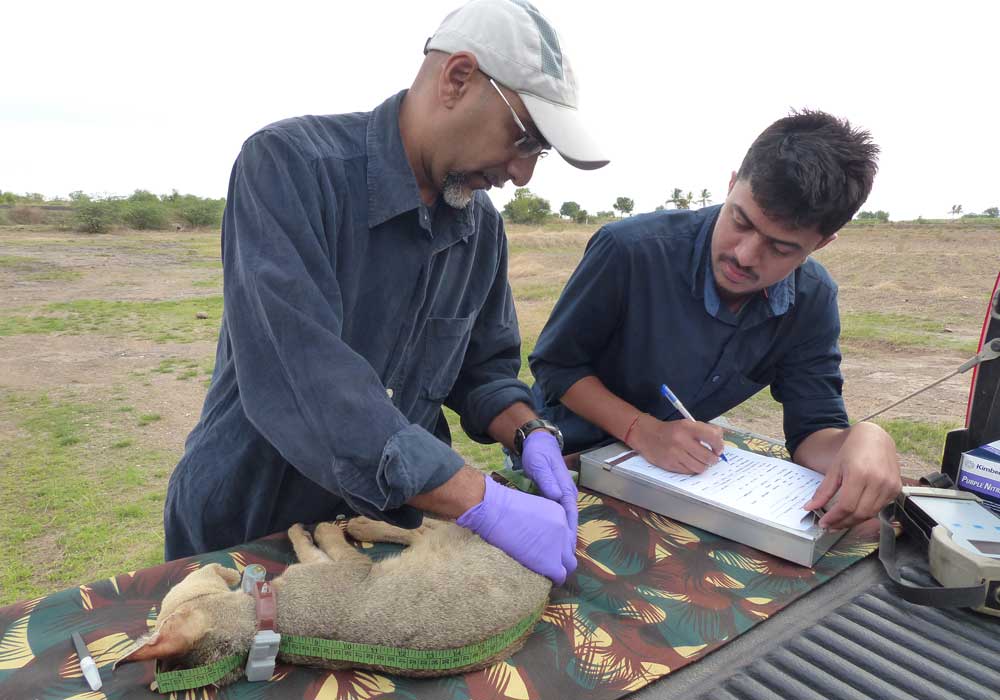
Environmental Studies in Conservation Practice, an MSc course jointly offered by the Ashoka Trust for Research in Ecology and the Environment (ATREE) and the University of Trans-Disciplinary Health Sciences and Technology (TDU), equips natural and social science students with interdisciplinary knowledge, perspectives and skills to understand and address conservation challenges.
The course is curated to create young environmental leaders whose interdisciplinary skills will add value to corporate social responsibility and sustainability offices, development and conservation NGOs and government line departments dealing with environment and development portfolios. In academic institutions, these leaders will lend a practical edge to theoretical approaches. The degree will be awarded by TDU, a Karnataka Government and UGC-recognised university. TDU had been a National Centre of Excellence of the Ministry of Environment, Forests and Climate Change (GOI) and aims to transcend academic boundaries and engage with traditional knowledge. The Conservation Practice programme is a product of this combination of ‘inter’ and ‘trans’ disciplinary pioneering, novelty and legacy.
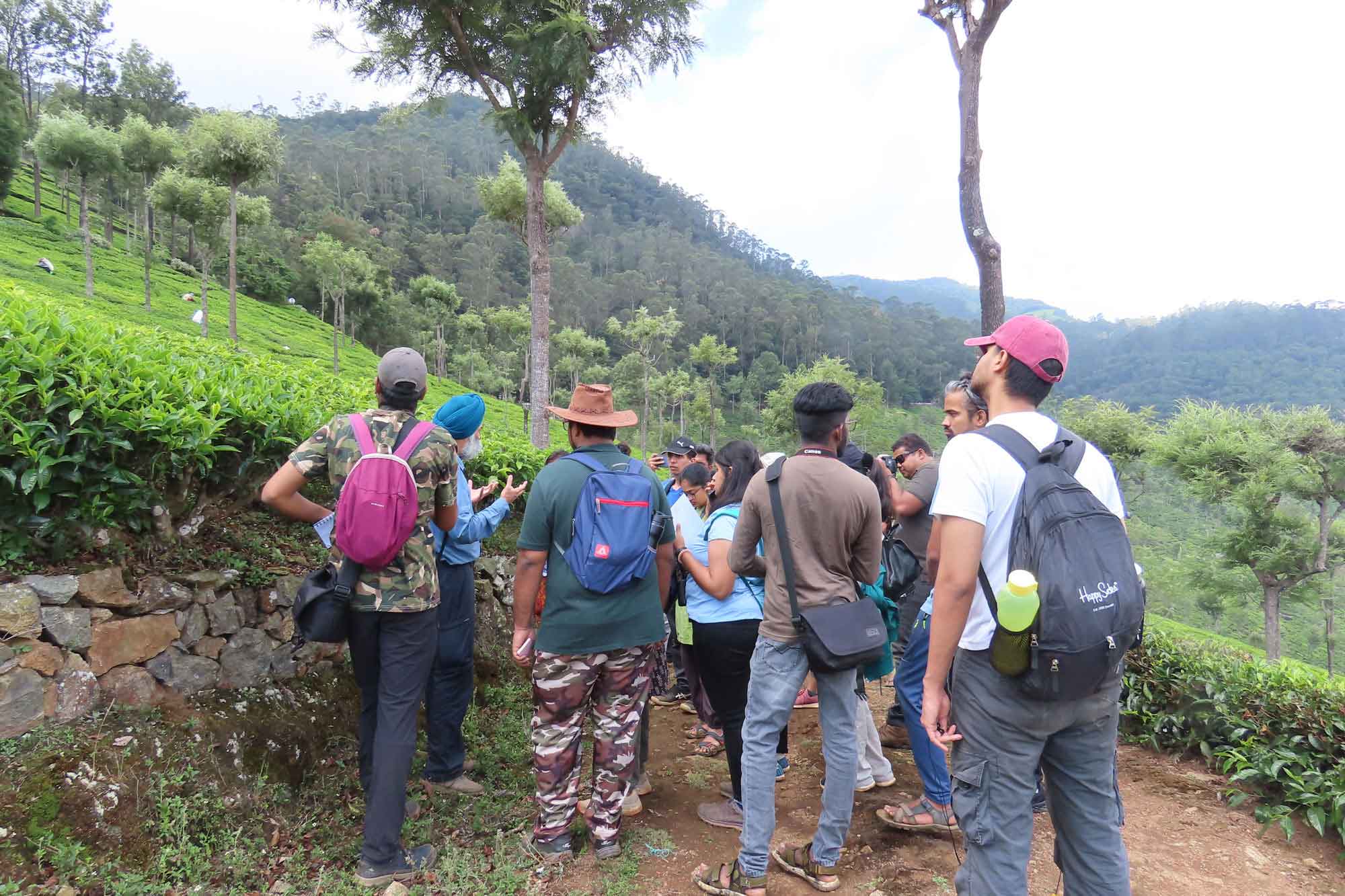
This is the course that walks the interdisciplinary talk, while most environment and ecology degrees only experiment with interdisciplinarity as they continue to be research-oriented. This programme focuses on conservation skills backed by rigorous socio-ecological knowledge. What you study matters; but where you learn and practice matters more. The course offers students an insight into natural and social science theories and methods and a novel opportunity to interact with faculty who have over two decades of interdisciplinary experience, thus helping them to generate conservation and sustainability knowledge for stakeholders.
The Conservation Practice Master’s programme offers undergraduates a novel, career-centric, and practice-oriented post-graduation degree. The 80-credit programme comprises 55 credits from three classroom semesters and 25 credits from one project semester. Our ‘classrooms’ are indoor and outdoor spaces on campuses, and in urban and rural field sites. Experiential and immersive group learning is a practical thread that runs through the three semesters focusing on knowledge, perspectives and skills. Student groups will pursue ‘mini projects’ or sectoral immersions in these semesters that apply or test concepts, frameworks and methods in the field. The final semester ‘project’ involves an internship with partner organisations or fieldwork, leading to a thesis.
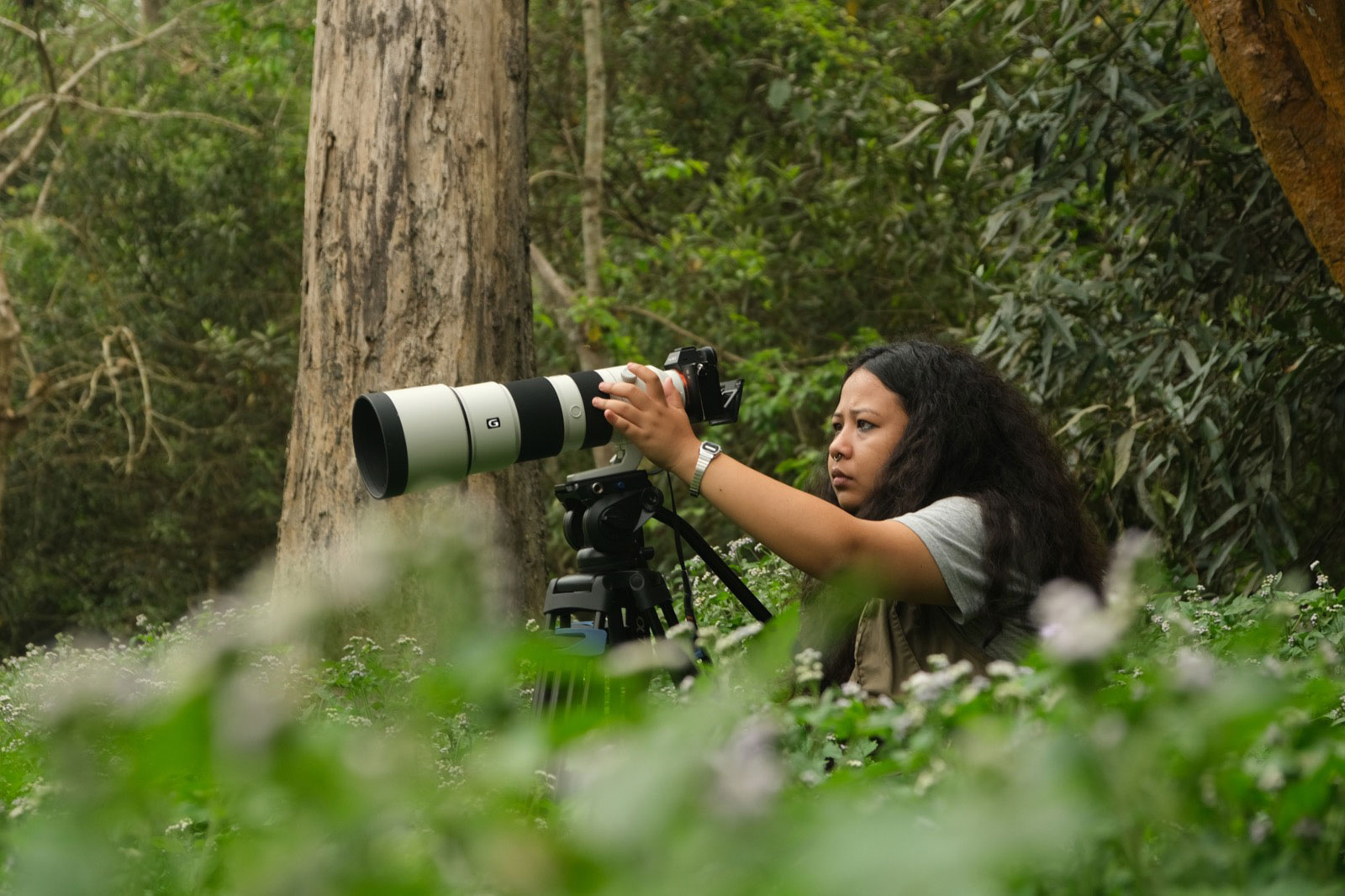
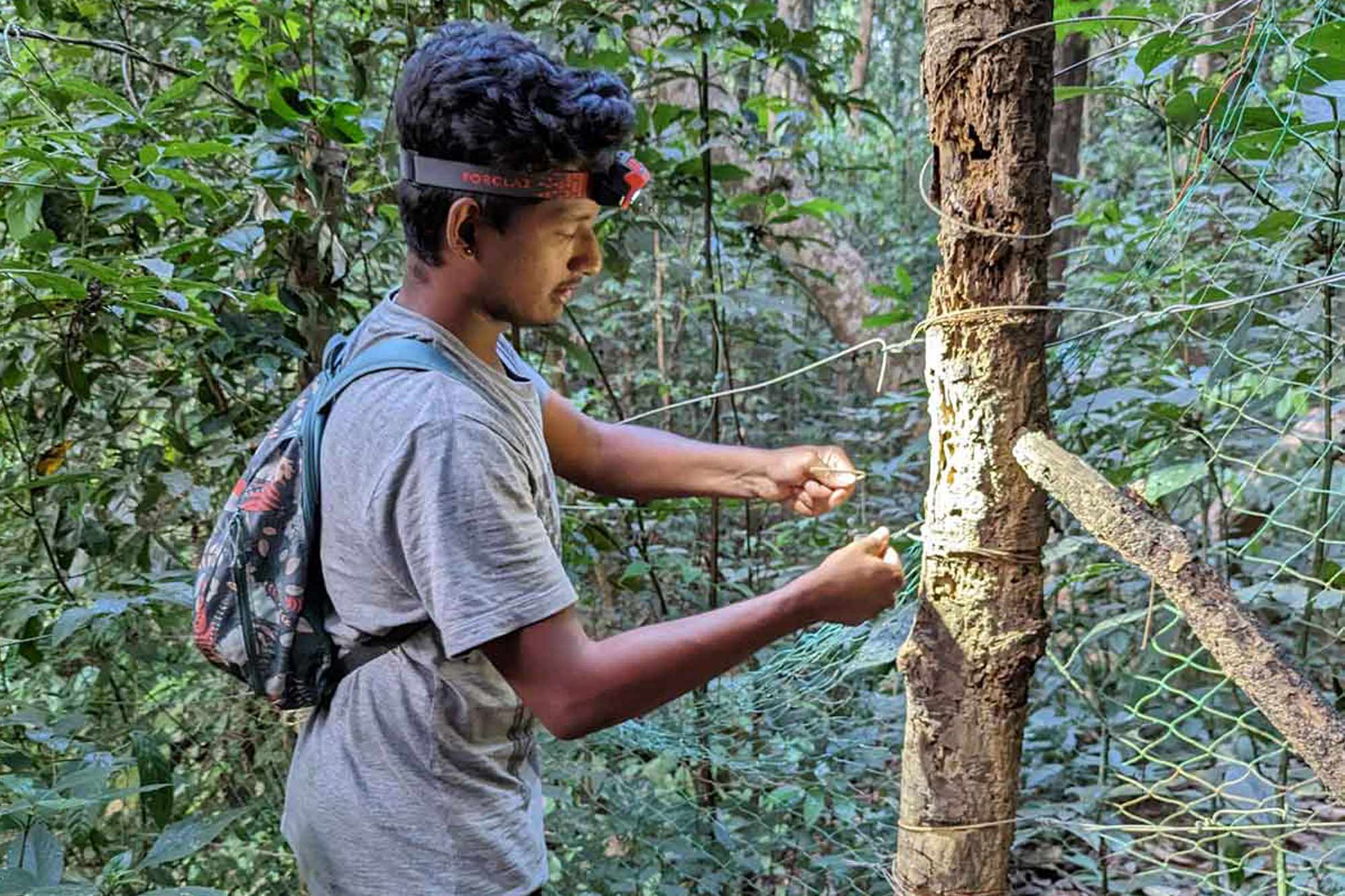
The Conservation Practice course offers an exceptional opportunity for students driven and dedicated to conservation and human well-being efforts as part of corporate institutions, NGOs, government agencies, think tanks, applied research and policies and academia. Students who are enthusiastic about tackling biodiversity loss, climate change, urban water quality or sustainable farming will particularly appreciate this programme’s practical proficiencies that combine academic expertise and vital field skills.
The course equips students for diverse careers in NGOs, corporate social responsibility (CSR) and sustainability offices, environment and sustainability branches of the government, environmental management and consulting organisations, and academia. Graduates of the programme can thus be gainfully employed at private and public sector organisations that engage with conservation and sustainability.
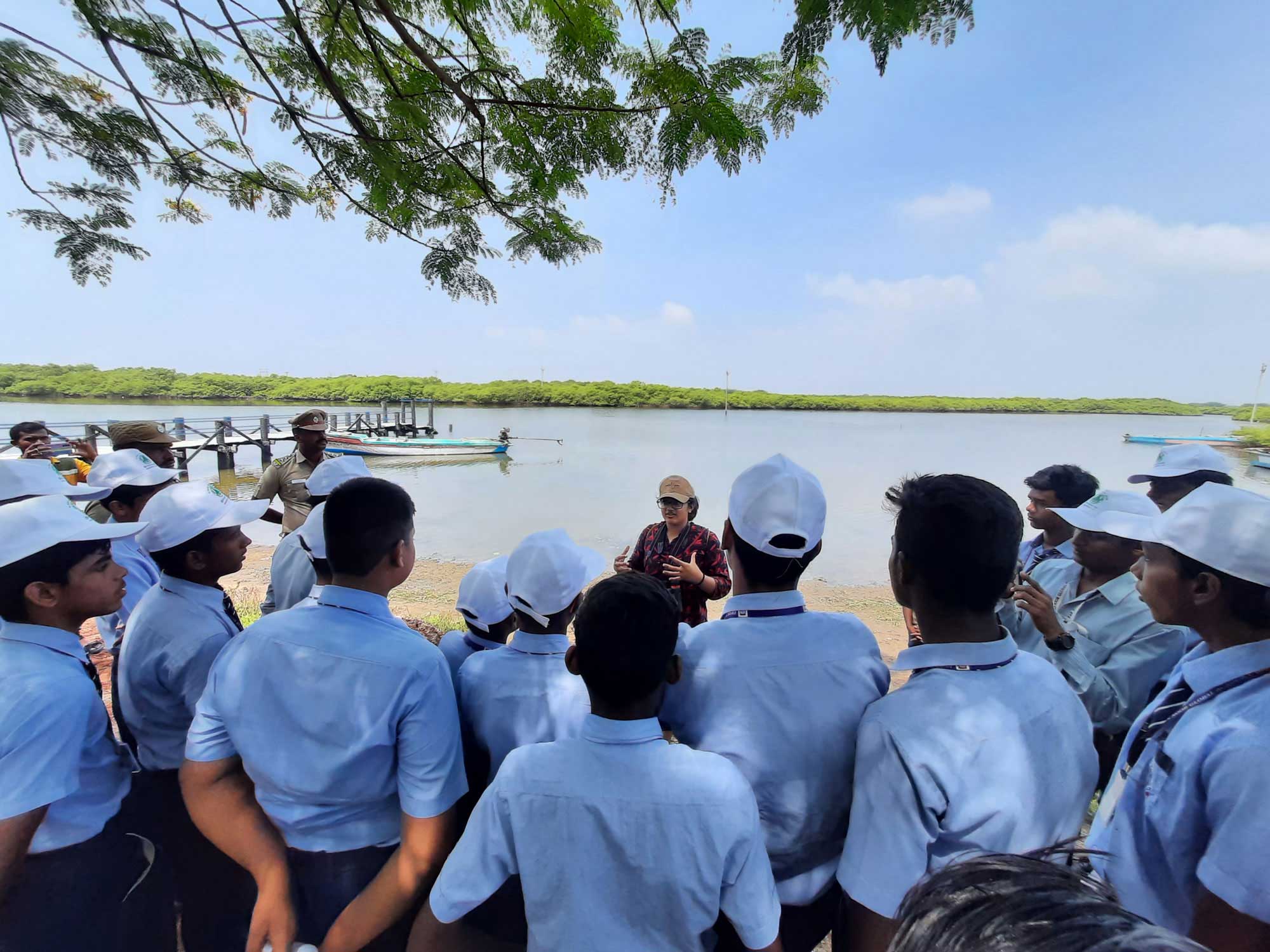

We welcome applicants from diverse backgrounds. We value diversity, gender equity and the representation of minority communities; women and persons from underprivileged groups are especially encouraged to apply. We also accept applications from international students.
Academy Certificate courses are designed to be helpful to students, professionals, policymakers, practitioners, research and advocacy groups interested in environmental and sustainable development. The courses provide hands-on experience through practical sessions to give participants an opportunity to place their learning in practical contexts.

Becoming an Emotionally Intelligent Researcher – 2023
Academy will organise an annual workshop on “Becoming an Emotionally Intelligent Researcher” by Dr. Shamim Modi, who chairs the Centre for Law and Society under the School of Law, Rights, and Constitutional Governance at TISS and is a governing board member for the Forum for Medical Ethics Society (FMES)
The workshop on “Becoming an Emotionally Intelligent Researcher” will be pedagogically based on learning about personal and social competencies through experiential exercises and summing it up by discussing its relevance in various research situations. The outcome of the experiential learnings from the workshop would also enhance emotional competencies to deal with situations in personal lives.
Certificate course on Open Data Kit – 2023
Open Data Kit (ODK) is an open source application for android platform which is made for spatial and non-spatial data collection that includes location information, photos, video and audio by a localized form. This workshop intends to introduce the principles, structure of the app and how to create customized forms for any field data collection.

